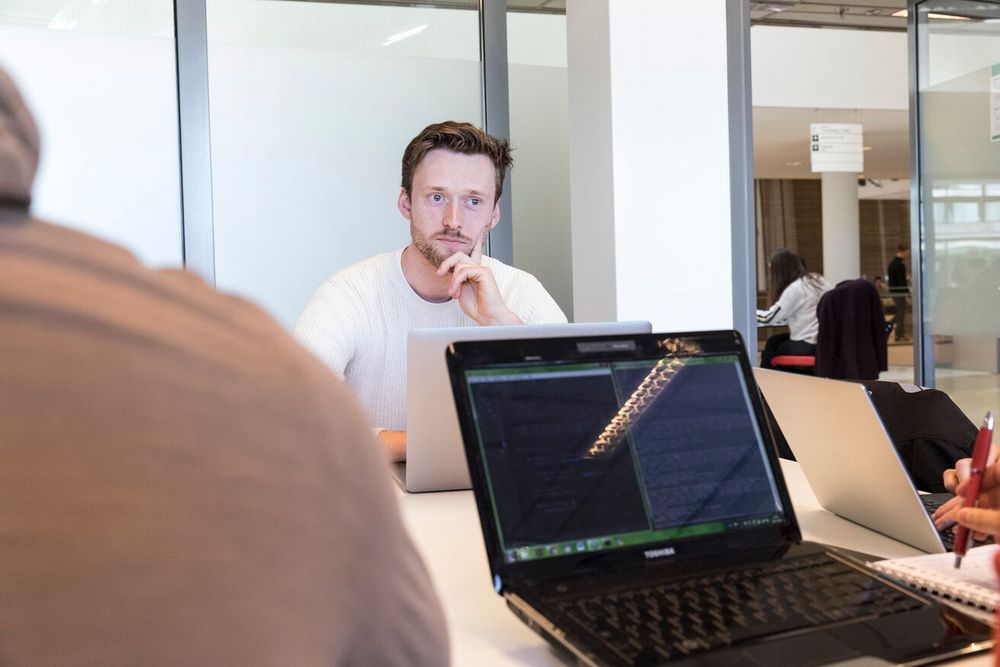Bernd Schlipphak
@bschlipphak.bsky.social
2.5K followers
270 following
86 posts
Prof Research Methods | PolSci Uni Muenster | enjoys sound & transparent empirical research in #polpsych, #polcomm, #polsoc, & IR
Posts
Media
Videos
Starter Packs
Reposted by Bernd Schlipphak
Reposted by Bernd Schlipphak
Reposted by Bernd Schlipphak
Reposted by Bernd Schlipphak
Reposted by Bernd Schlipphak
Reposted by Bernd Schlipphak
Reposted by Bernd Schlipphak
Reposted by Bernd Schlipphak
Reposted by Bernd Schlipphak
Reposted by Bernd Schlipphak
Reposted by Bernd Schlipphak
Reposted by Bernd Schlipphak
Reposted by Bernd Schlipphak

















